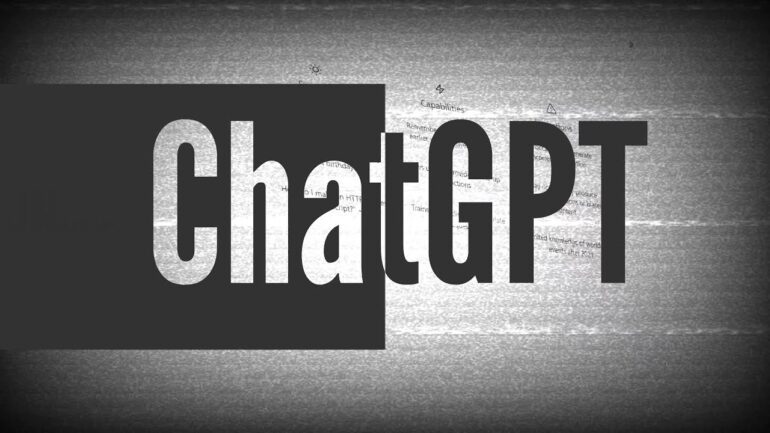TL;DR:
- ChatGPT’s software engineering question accuracy questioned as study found 52% inaccuracies.
- Purdue University’s research scrutinizes ChatGPT’s proficiency in addressing software engineering queries.
- 77% of responses were identified as verbose.
- 54% of errors are attributed to ChatGPT’s limited grasp of question concepts.
- Model struggles to provide effective problem-solving strategies, leading to conceptual errors.
- Study reveals limitations in ChatGPT’s reasoning capabilities.
- Users still prefer ChatGPT’s responses in 39.34% of cases due to the comprehensive and articulate language style.
- Call for meticulous error correction in ChatGPT’s programming responses and heightened awareness of potential risks for users.
Main AI News:
OpenAI’s ChatGPT, widely recognized for its language prowess, faces scrutiny as a study reveals a significant 52% inaccuracy in its responses to software engineering questions. The research, conducted by Purdue University, delves into ChatGPT’s proficiency in addressing software engineering queries and highlights concerns about its reliability.
Despite its widespread popularity, ChatGPT’s responses to software engineering questions have yet to be rigorously examined. Purdue University’s researchers embarked on a thorough investigation by analyzing 517 questions from Stack Overflow (SO), an extensive online community for programming queries.
The study’s findings expose a substantial 52% rate of inaccuracies in ChatGPT’s answers. Notably, 77% of the responses were deemed overly verbose. Of paramount importance, the research team pinpointed that 54% of errors stemmed from ChatGPT’s limited grasp of question concepts. Even when comprehension was achieved, the model often faltered in providing effective problem-solving strategies, leading to a notable prevalence of conceptual errors.
Furthermore, the study highlights ChatGPT’s limitations in reasoning. The model displayed instances of providing solutions, code, or formulas without a comprehensive understanding of the potential outcomes. While prompt engineering and human-in-the-loop fine-tuning show promise in extracting some level of problem understanding, they fall short in addressing the core limitation of injecting reasoning into the model’s responses.
A closer examination uncovers additional quality issues in ChatGPT’s performance, including verbosity and inconsistency. The research underscores a significant number of conceptual and logical errors in its answers. Linguistic analysis reveals a formal tone in ChatGPT’s responses, with minimal display of negative sentiments.
Surprisingly, users still preferred ChatGPT’s responses in 39.34% of cases, drawn to its comprehensive nature and articulate language style. This preference highlights the model’s strengths in communication.
Conclusion:
The study sheds light on ChatGPT’s shortcomings in providing accurate software engineering answers. The market must recognize the significance of these findings, urging a more discerning approach to AI-generated solutions. Ensuring accuracy and reliability will be crucial in maintaining user trust and steering AI advancements toward a more dependable future.

